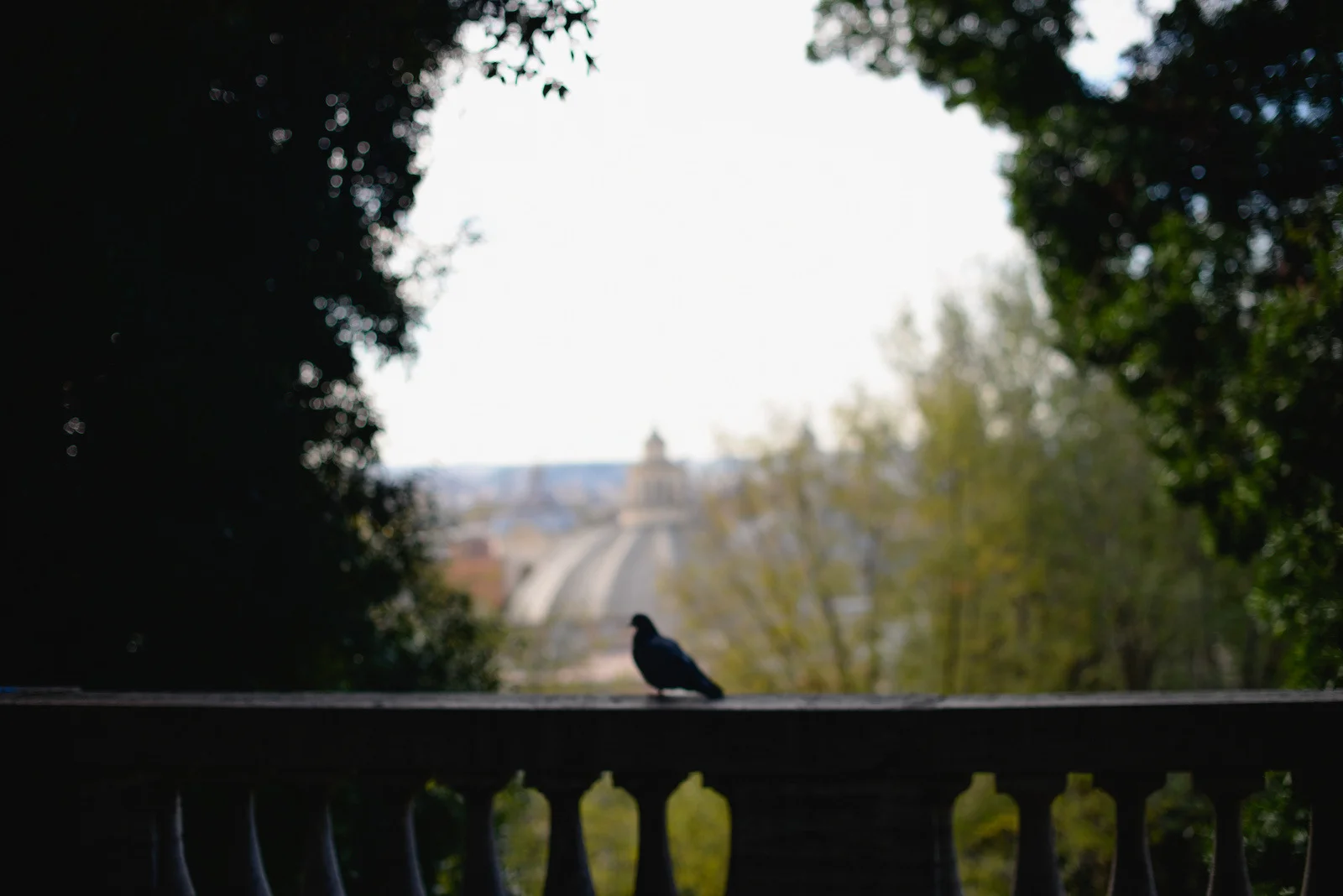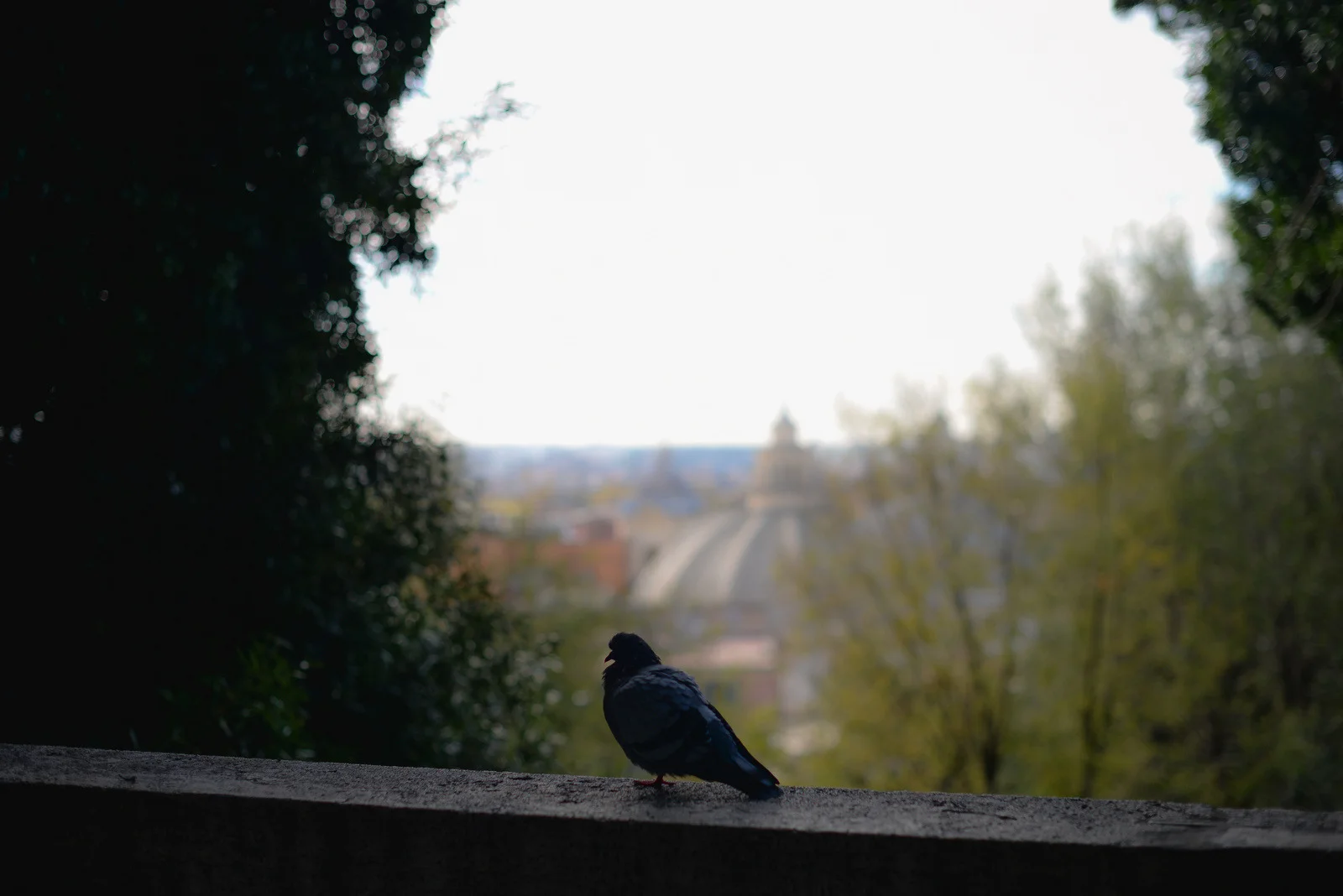It’s Especially Tricky
“The purpose of life is to fail at greater and greater things.” This is a quotation from Rilke, which has been translated various ways. The novel I’m writing is currently terrible, as first drafts usually are. It’s the moment between first and second drafts though, where you have to sit and decide where things are really going to go. Do I make it more weird, or less weird? That’s the question for me. If the answer is more weird, then you know that you’re probably also putting your book into the less marketable category. But that’s only probably. Most likely.
In a certain way, I’ve known the answer has been “more weird” all along. And if I’m going to fail at this damned writing thing, I’m going to fail at weirder and weirder things.
“And if I’m going to fail at this damned writing thing, I’m going to fail at weirder and weirder things.”
I was flipping through a book I’ve had since it came out in 2002, and one I’ve kept though I’ve let a lot of other books come in and out of my study, my life. It’s The Conversations: Walter Murch and the Art of Editing Film, which is with/by Michael Ondaatje.
Ondaatje, near the end of the book, asks, “Do you think success and failure can distort the lessons an artist is able to learn?”
It’s both, right? not just success that distorts, but failure, too.
Murch answers:
“There’s that wonderful line of Rilke’s, “The point of life is to fail at greater and greater things.” Recognizing that all our achievements are doomed, in one sense – the earth will be consumed by the sun in a billion years or so – but in another sense the purpose of our journey is to go farther each time. So you’re trying things out in every film you make, with the potential of failure. I think we’re always failing., in Rilke’s sense – we know there’s more potential that we haven’t realized. But because we’re trying, we develop more and more talent, or muscles, or strategies to improve, each time.
Every film has lessons to teach us – if we receive those lessons in the right way. That’s the trick. It’s especially tricky, I think, in worlds where there’s either complete rejection or complete adoration, inexplicable anonymity or soul-destroying celebrity. How do you deal with that? Those things obviously have an emotional impact that is undeniable.”
Though not as extreme as it is in the film making industry, the same is true in the writing business. Being a Canadian writer means one must generally embrace a certain type of hilarious soul-destroying anonymity, at least for most of us.
At another point in the conversations, Ondaatje says this:
“There’s a line of Saul Bellow’s – “I write to discover the next room of my fate.” In this way, I think, many novels are self-portraits – or future self-portraits, self-explorations, even if the story is set in an alien situation. You can try on this costume, that costume.”
Maybe I think I’m making some sort of choice, maybe I’m just opening the door to the next room. I like what he says about a novel being a future self-portrait. We don’t know who we are until we write it, or not quite, anyway.
As for the photos here, they were taken in Rome, November 2018. Self-portrait as pigeon.







